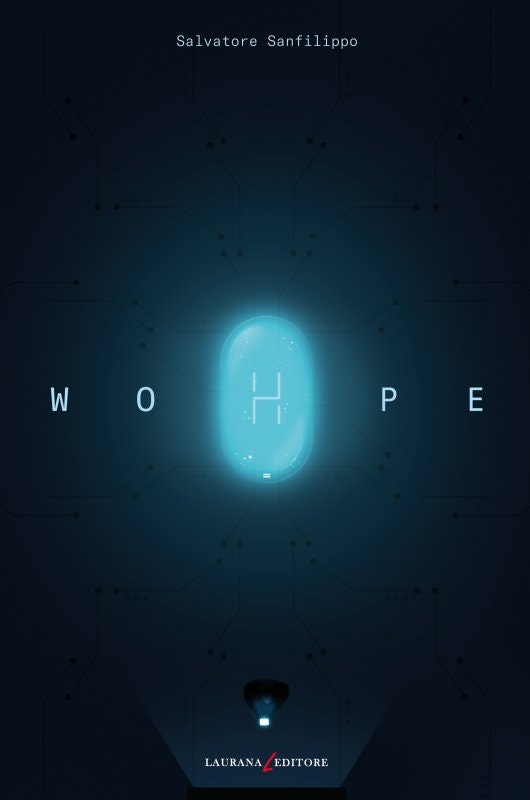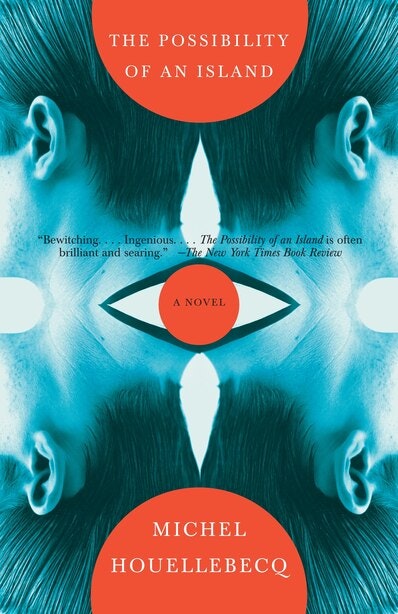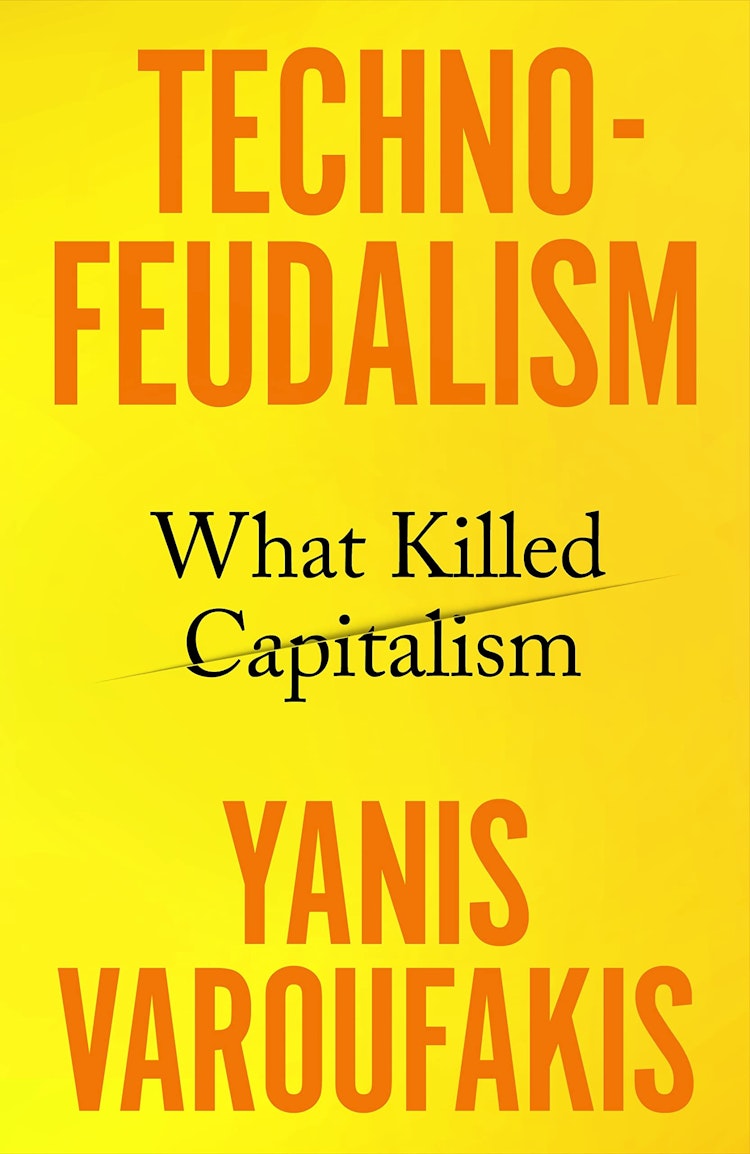Wohpe — Salvatore Sanfilippo
This is the first novel… by one of the world’s most respected programmers. He’s better known by his pseudonym antirez, and for being the creator of Redis, a datastore used in practically any web product.
He's is a personal legend of mine, both for the almost artistic quality of his code design, and for his approach to this fascinating (and often sick) world that is technology. He’s one of those Italians we should genuinely take pride in, and I’d love to talk more about him in the future.
Anyway.
This book is dystopian, yet hopeful. You can tell that Salvatore is well-versed in the subject matter he’s discussing, and the book sparks a lot of thought about the relationship between humanity and neural networks, and what could happen to us in the coming years.
It was a delight to read, and I found it really hard to put down.
The Possibility of an Island — Michel Houellebecq
Bleak, brutal, funny, revolting, tender and, in the end, ineffably sad.
This book is partially a science fiction novel exploring the prospects of immortality, the obliteration of the human species, and the emergence of “neohumans”. But it’s also a contemplation on aging in the modern materialist world, solitude, eternity, and the existential question of whether love gives purpose to our time on earth, or if it even exists at all.
Epic in scope, but personal in its focus. By scrutinizing the fine details of the protagonist’s existence, we embrace the frustration, the sorrow, the void, and carry it forward until we find ourselves pondering the grand queries of divinity and existence.
To increase desires to an unbearable level whilst making the fulfillment of them more and more inaccessible: this was the single principle upon which Western society was based.
Siddhartha — Hermann Hesse
It's a simple, clean book, that I thoroughly enjoyed.
Wisdom is not communicable. The wisdom which a wise man tries to communicate always sounds foolish… Knowledge can be communicated, but not wisdom. One can find it, live it, do wonders through it, but one cannot communicate and teach it.
It felt as though I was hearing a story around a campfire. There's nothing particularly extraordinary about this classic… yet I believe that's precisely the deepest implicit concept the book carries within itself.
Technofeudalism: What Killed Capitalism — Yanis Varoufakis
Written as a long letter to his father, Varoufakis starts from the basics and covers the entire history of capitalism, leading up to the contemporary New Cold War on China, conflict in Ukraine, and Musk’s acquisition of Twitter.
It’s a well-written book, nevertheless I struggled to tackle and judge it due to my limited knowledge in finance and macroeconomics. Many parts, however, are simple and within everyone’s reach, and they never fail to spark significant emotional reactions.
BlackRock, Vanguard, and State Street. These three firms, the Big Three as they are known in financial circles, effectively own American capitalism. No, I am not exaggerating. […] Together, the Big Three are the largest single shareholder in almost 90 percent of firms listed in the New York Stock Exchange, including Apple, Microsoft, ExxonMobil, General Electric, and Coca-Cola. […] At the time of writing, BlackRock manages nearly $10 trillion in investments, Vanguard $8 trillion, and State Street $4 trillion.
Honestly, whether we are in a new phase of capitalism, so distinct from the previous ones that it merits a new name, is of little concern to me. The strong and clear message of this book is that we are in a massive mess, and there is nothing in sight that could save us from a further deterioration of the situation.




